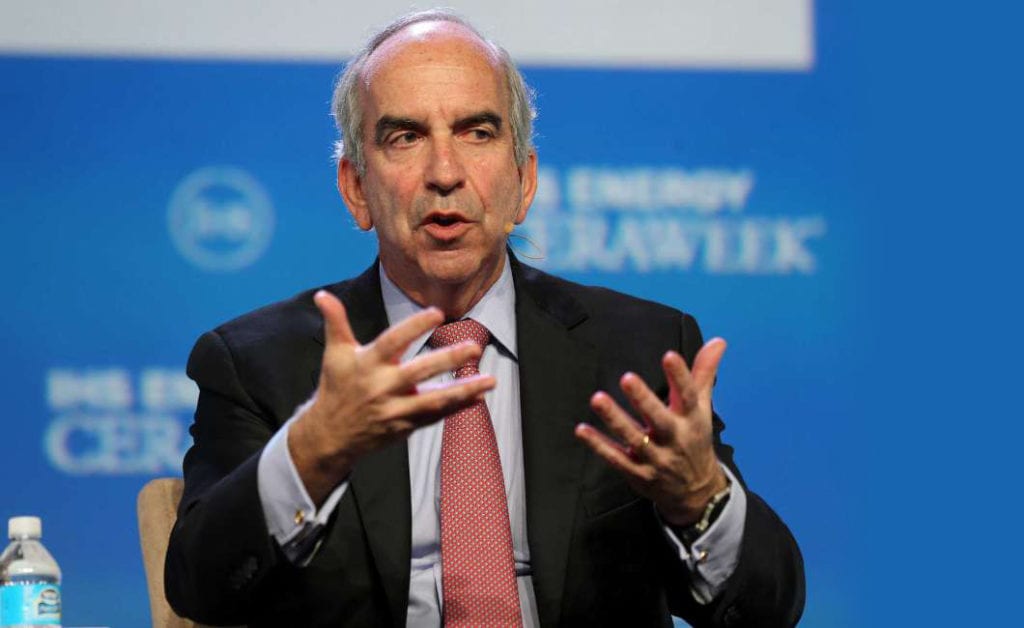At the 2023 United Nations Climate Change Conference of the Parties (COP 28) set to be held in Dubai later this year, developing countries’ right to economic prosperity with their hydrocarbon resources must not be swept under the proverbial carpet, says Chief Executive Officer (CEO) of Hess Corporation, John Hess.
During his company’s second-quarter earnings call, Hess categorically stated that the voices of these nations ought to be heard at COP28 so that there may be a greater appreciation of the realities that must be considered to enable a just period of energy transition.

Small developing countries like Guyana deserve to be the last oil producers – Bharrat | OilNOW
Hess said the reality is that the energy transition will take a long time, cost a lot of money and require many technologies that do not exist today. “We must recognise also that oil and gas will be needed for decades to come and are fundamental to an orderly, just, and secure energy transition,” the CEO stated.
The official was keen to note that indeed, some degree of progress is being made toward the goal of the Paris Agreement of bringing global temperature down to 1.5 degrees. Referencing the International Energy Agency (IEA), the CEO noted that the global median temperature increase prior to the Paris Agreement was 3.5 degrees Celsius. Today, according to the IEA’s stated policy scenario, the world is on a trajectory to a median temperature increase of 2.5 degrees. He acknowledged, however, that more needs to be done to attain the goal of 1.5 degrees.
Guyana among world’s most powerful countries looking to produce as much oil and gas as it can
Hess also said there are several factors affecting the pace of progress, one being the lack of key investments. To meet growing energy demand, he said the world needs to invest US$4 trillion each year for the next 10 years in clean energies, significantly more than last year’s investment of US$1.4 trillion. He said too that the world also needs to invest US$500 billion each year for the next 10 years in oil and gas, as compared with US$300 billion to US$400 billion invested annually in the last 5 years.
In a world that will require reliable, low-cost oil and gas resources for decades ahead, Hess believes that it is well positioned to offer a unique value proposition for investors thanks to the sweet, light crude unlocked in Guyana’s Stabroek Block.
Over 30 significant discoveries have been made offshore Guyana with more than 11 billion barrels of oil equivalent. An ExxonMobil-led consortium is leading oil production for five sanctioned projects, two of which are already producing approximately 400,000 barrels of oil per day.



